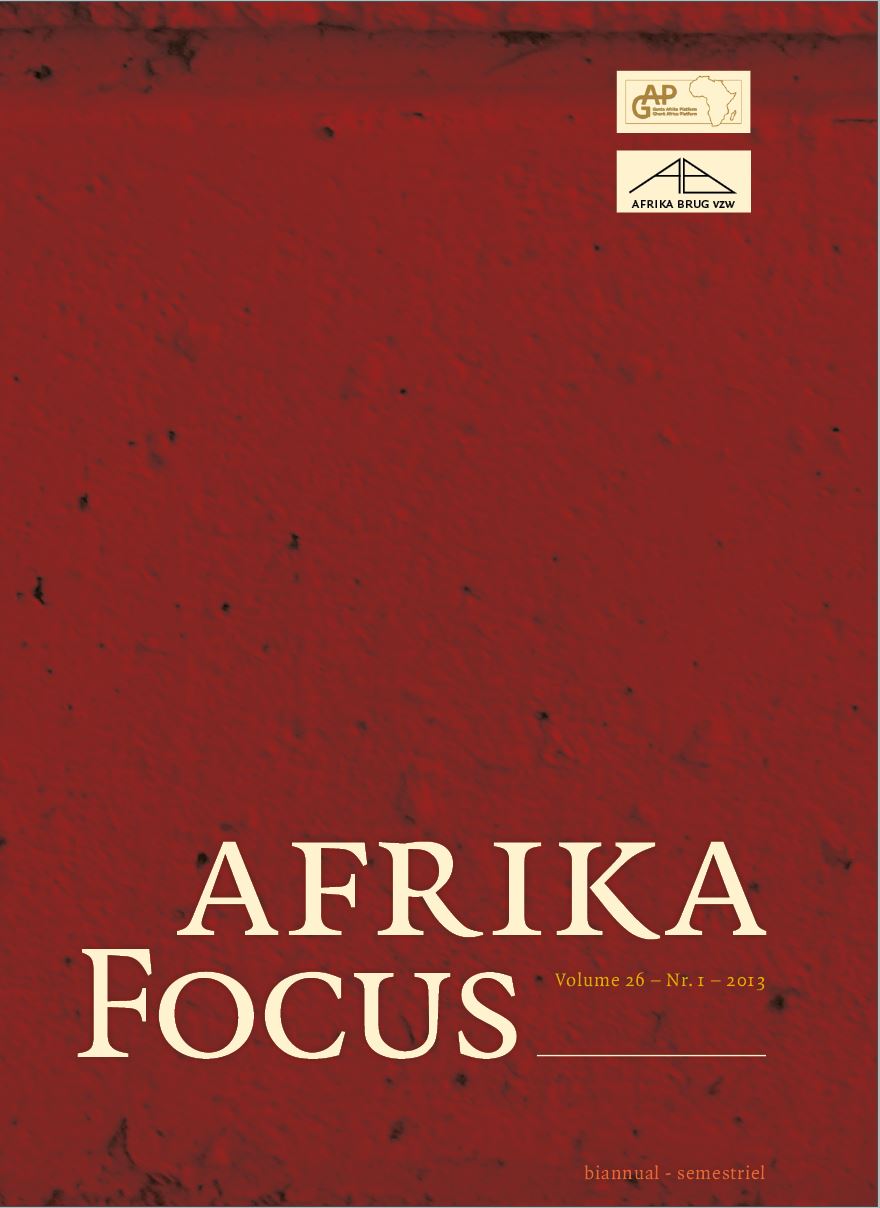Advancing human rights in legally plural Africa: the role of development actors in the justice sector
DOI:
https://doi.org/10.21825/af.v26i1.4925Abstract
This dissertation examines the role of justice sector aid in sub-Saharan Africa regarding the relationship between human rights and local legal orders from a normative and empirical point of view. At the normative level, it explores how socio-legal theory on legal pluralism and human rights’ cross-contextual implementation may inform the practice of development actors in the justice sector. Based on case studies in Sierra Leone and Mozambique, the research applies this body of knowledge to the analysis of empirical data on development actors’ policies and interventions. The conclusion argues that the following issues deserve particular attention: the adoption of a users’ perspective regarding which local justice providers are targeted by policies and interventions, consideration of how different modes of dispute processing relate to the implementation of human rights, engagement with local knowledge and a critical approach to human rights cross- contextual application. Key words: Justice sector aid, human rights, access to justice, legal pluralism, customary legal orders, Sierra Leone, MozambiqueDownloads
Published
How to Cite
Issue
Section
License
Authors who publish with this journal agree to the following terms
Authors retain copyright and grant the journal right of first publication with the work simultaneously licensed under a Creative Commons Attribution License that allows others to share the work with an acknowledgement of the work's authorship and initial publication in this journal.
Authors are able to enter into separate, additional contractual arrangements for the non-exclusive distribution of the journal's published version of the work (e.g., post it to an institutional repository or publish it in a book), with an acknowledgement of its initial publication in this journal.
Authors are permitted and encouraged to post their work online (e.g., in institutional repositories or on their website) prior to and during the submission process, as it can lead to productive exchanges, as well as earlier and greater citation of published work (See The Effect of Open Access).


